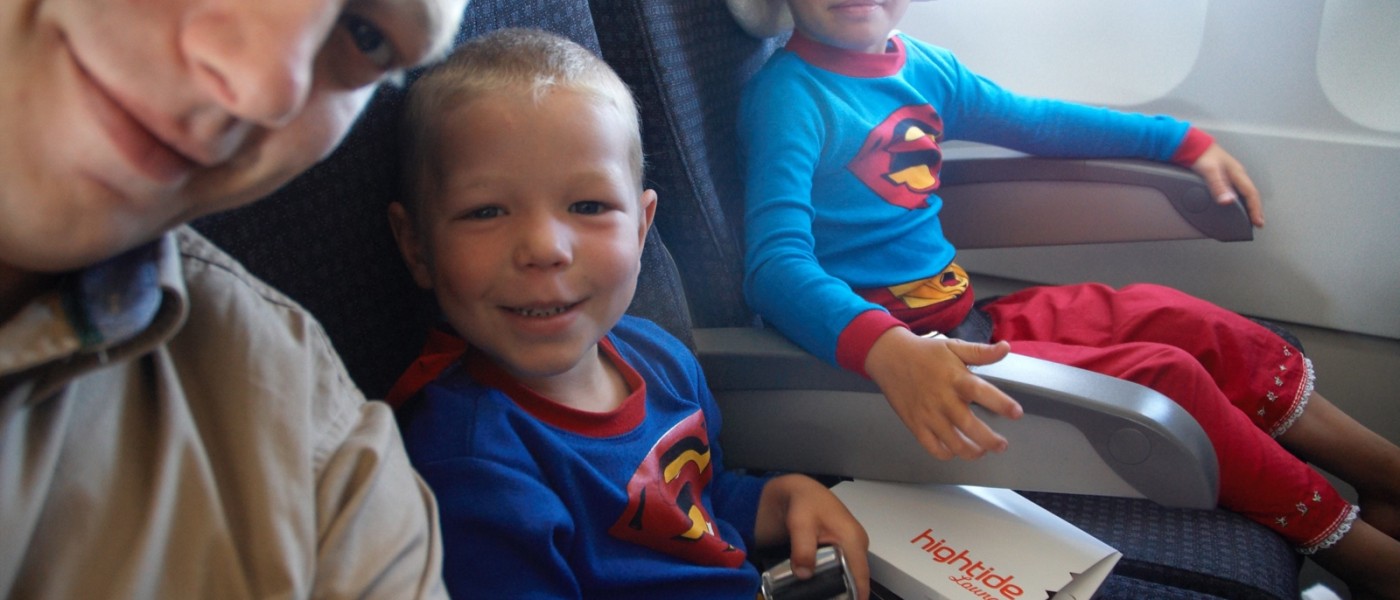How to Talk to My Child about Speech Challenges
Recently I starting working with a 7 year-old boy who had trouble with his R sound, a very common situation in my practice. After the initial intake session the boy’s mother asked me about any strategies or suggestions for explaining his challenge to the boy’s younger sister, who was able to perfectly articulate R and all other speech sounds. “How do I talk to her about speech challenges?” I think I gave mom a good idea, in an off-the-cuff way, but it did get me thinking about how parents could be better equipped to explain to their kids about the best way for them to think about a speech challenge in a friend or family member. The name of the game here is empathy and the more we can foster this sense of empathy, no matter the severity of that speech challenge, the easier we can make the process of speech therapy. Therapy doesn’t just occur in the clinician’s office or in the school speech room, it also happens among friends and family members.
Photo: My little Super-kids by Nathan
“How do I talk to my child about speech challenges?”
Develop Empathy for Students
As I mentioned, the thing we are ultimately trying to instill in our kids is empathy. Empathy is, of course, all about intuiting another person’s state of mind. So it’s really not about the speech challenge itself. It’s not about how someone’s speech sounds to you – even though this is the natural starting point – it’s about how the child with the speech challenge feels about it. And this is not always governed by a formula whereby the more severe a speech challenge is the more it affects the child. One child may seem relatively unaffected emotionally by a severe speech challenge and another may be deeply distraught over what a speech pathologist might clinically describe as a “mild” speech challenge.
The best way to determine how the child feels about it is simply to observe communication and social patterns. Is the child more withdrawn or does he get anxious or very sensitive when communicating or when the speech challenge is mentioned? If this is the case, try to have your children feel what it’s like to not be able to fully express what you want to express. Also, have them try to feel what would like to, on top of this, have other people draw attention to that communication challenge. Instilling empathy in a child is, in general, one of the most important things a parent can help do. This post has some more good tips on improving social communication.
Let the Child Speak!
I have observed in the friends and siblings of kids with speech challenges an instinct to try to directly help the child communicate. These friends and siblings might try to help a child who stutters complete his or her sentences, or “speak for” the child. I firmly believe that this comes from a lovely, nurturing quality, and they truly have the best of intentions and simply want to help someone dear to them. But this approach can backfire.
Your child may not understand this and could unwittingly offend that friend with a speech challenge. This is a very important point to impart directly to your child. Praise your child’s instincts to be helpful, but tell your child to just let the friend with the speech challenge say what he needs to say. The message may take slightly longer to relay, in the case of a child who stutters. Or, certain sounds or speech patterns may not come out exactly as your child might express it, but that’s okay! What the child with the speech challenge intends to say is every bit as vital and valid.
It is essential that all who interact with children living with a speech challenge understand this and treat these children no differently.
Teach your Child to be a Hero
There is an unfortunate reality that bullying of children with communication challenges can occur. See this post for tips on handling teasing. While society is thankfully much more aware of bullying and its devastating consequences, we must always be on guard (Help! My Child is the Bully!). Part of instilling empathy and compassion in your own child’s behavior toward a friend or peer with a speech challenge is also sticking up for someone who is being bullied or teased. Your child may not always be able to prevent bullying, but he or she certainly can help put a stop to it. Encourage your child to be an active participant in the emotional well being of his or her friends with speech challenges.
This clearly requires your child to already have a sense of empathy, but it is not enough to just show empathy and let the child with a communication challenge speak, as I said above. We need to help to create a better interpersonal environment overall, and teaching your child to be a “hero” is a wonderful way to facilitate this.
As a speech-language pathologist who only has the opportunity to work with my clients for roughly 30-60 minutes per week, this topic is near and dear to me; I know I can’t be present in the classroom, in the schoolyard or on playdates but I can help make the lives of those who are living with communication challenges a little easier. Teaching your kids to follow the three guidelines above can have an immeasurable impact on the emotional well being of their friends and will help make your child’s school a better place in which to learn and thrive.





